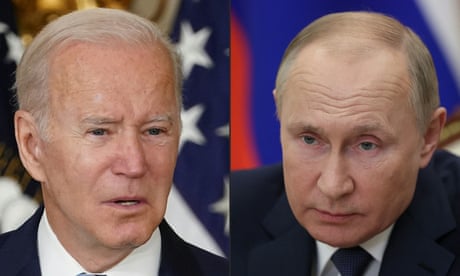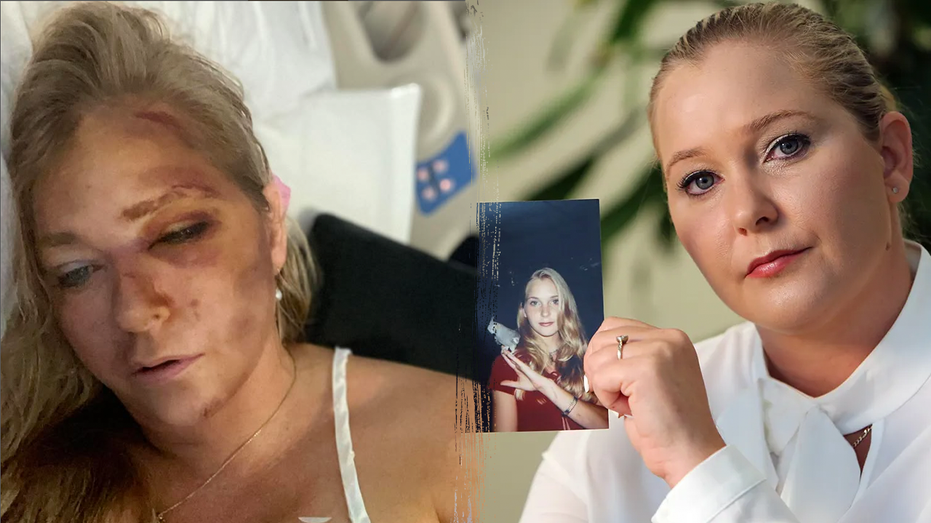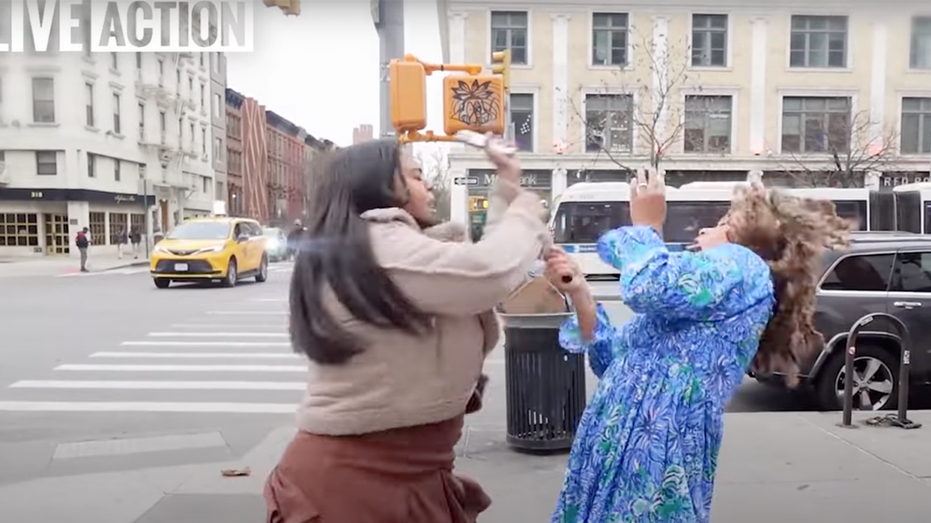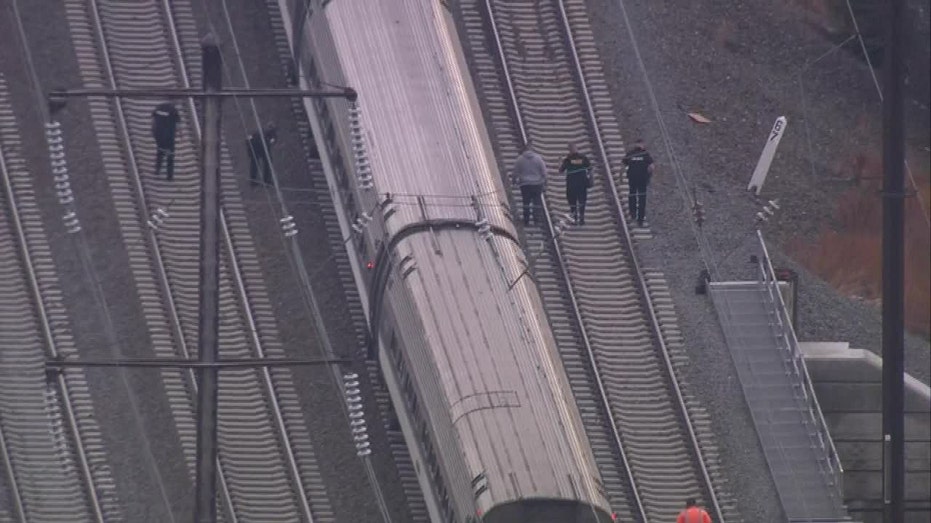- by foxnews
- 05 Apr 2025
US says it will send troops to eastern Europe if Russia invades Ukraine
US says it will send troops to eastern Europe if Russia invades Ukraine
- by theguardian
- 07 Dec 2021
- in news

Biden will also make clear to Putin that the US will not rule out future Ukrainian membership of Nato, as the Russian leader has demanded, a senior US official said.
With an estimated 100,000 Russian troops already gathered within striking distance of the borders, the crisis is at its worst since 2015, when Moscow staged a large-scale incursion into Ukraine, clandestinely sending tanks and artillery to encircle Ukrainian troops and compelling Kyiv to sign a peace agreement in Minsk that has since come close to collapse.
The official pointed out in a briefing to reporters before the Biden-Putin video summit that the first Russian military intervention in Ukraine led to more US troops and equipment to be deployed in eastern Europe, and that there would be similar response this time.
Biden was due to talk to European leaders on Monday in preparation for the Putin summit with the aim of ensuring that he will be presenting a united front. The US secretary of state, Antony Blinken, will also consult the Ukrainian president, Volodymyr Zelenskiy, before the Putin call.
Russia has virtually frozen direct contacts with the Ukraine government and Zelenskiy, whom it has accused of preparing his own attack against regions of south-east Ukraine controlled by Russian-backed forces. Ukraine has strongly denied the claims.
Both western and Russian analysts have said that Moscow is making a credible threat of launching a large-scale military offensive, although there are differing estimates to how likely a Russian offensive is and what may trigger it.
The Russian government has accused Washington of creating war hysteria, but Putin has publicly directed government officials to maintain high levels of tension with the west to make sure that its interests are not ignored.
Ukrainians have strongly opposed having their fate dictated by the Russian government and officials have called for more military and economic support from the west.
Fyodor Lukyanov, a prominent Russian foreign policy analyst, said he did not believe Russia was imminently preparing to launch an offensive. But Moscow had shown that it was ready to use force if it could not negotiate a change to the post-cold war security arrangement in Europe, he said.
The decision of whether or not to engage with the Kremlin in negotiations has elicited strong opinions in Washington and in European capitals, where policy is often presented as either one of strict deterrence or appeasement.
Lukyanov said that just an agreement to hold further talks on European security could be viewed as a success in Moscow. But after threats of an invasion for the second time since April, pressure is also growing on the Kremlin to walk away with a concrete win or risk seeing its threats disregarded in the future.
- by foxnews
- descember 09, 2016
Excavation near site where Jesus was crucified and buried results in ancient discovery
Proof of ancient olive trees and grapevines, consistent with a Bible verse, has been found at the Church of the Holy Sepulchre in Jerusalem, an archaeologist confirms.
read more


